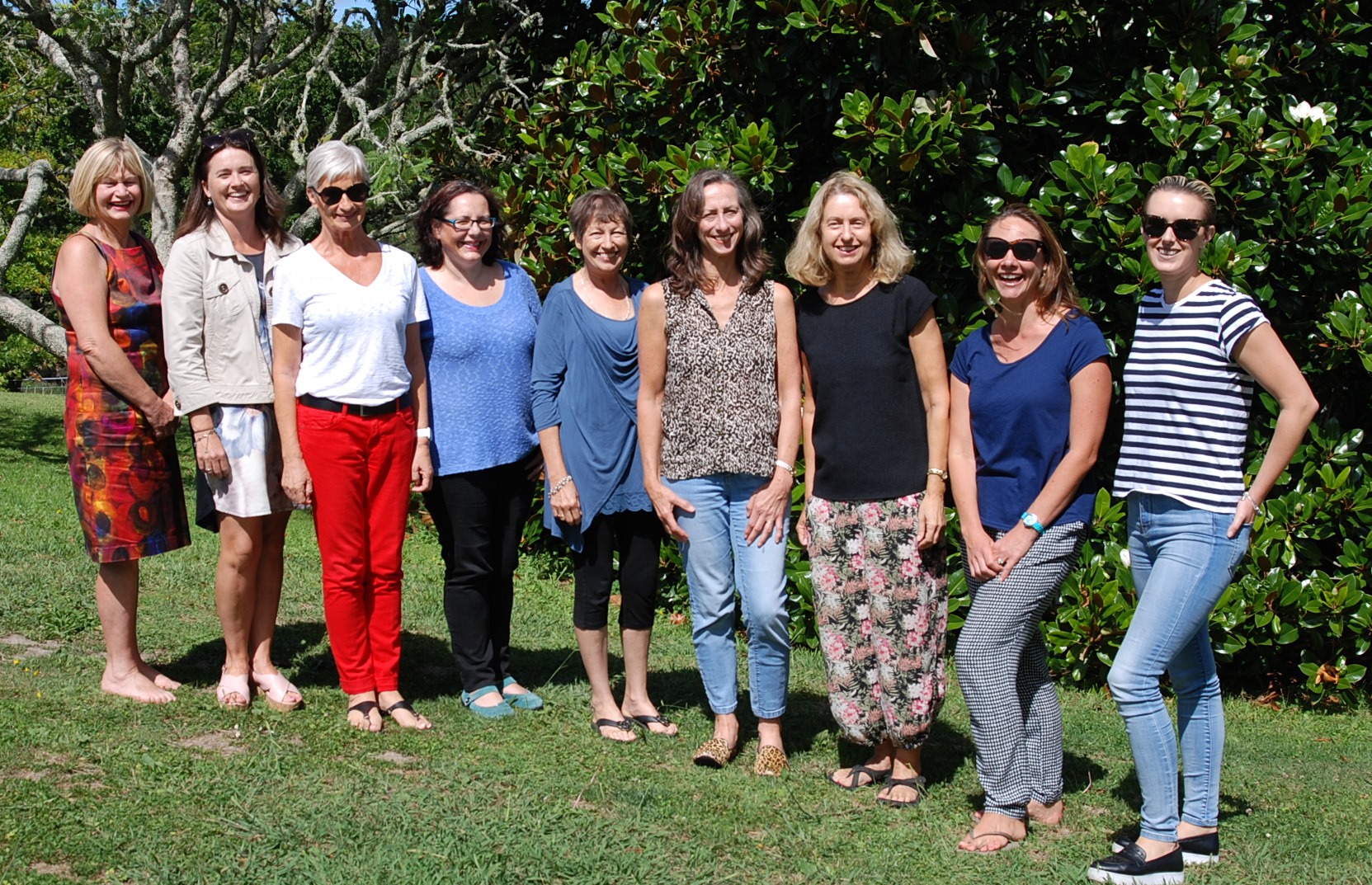Who are we
BCAC is administered by a committee of women, most of whom have had breast cancer. Their experience of breast cancer has motivated them to dedicate themselves to improving the care and treatment other newly diagnosed women receive.
Our committee members are:
 |
Libby Burgess - Chair Libby Burgess chairs BCAC, a charity that supports, informs and represents New Zealanders with breast cancer. She serves as a patient representative on the Breast Special Interest Group of NZ specialists and is an affiliate member of Breast Cancer Trials (Australia and New Zealand). Libby is a member of the Consumer Reference Group of New Zealand's Cancer Control Agency, Te Aho o te Kahu. She has actively campaigned on a range of breast cancer issues including access to screening, timely diagnosis and treatment, innovative medicines, provision of breast reconstructive surgery and equitable access to high quality cancer services for all New Zealanders. She has contributed to Guidelines for the Treatment of Early Breast Cancer and Standards of Service Provision for Breast Cancer Patients in New Zealand. Libby was diagnosed with breast cancer at age 41. She is a biological scientist based in Auckland, New Zealand and was made a member of the New Zealand Order of Merit (MNZM) in 2011 for services to women's health. |
|
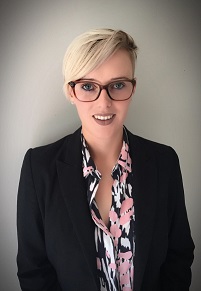 |
Emma Crowley - Deputy Chair Emma works for an employment law firm in downtown Auckland. She was diagnosed with HER2+ breast cancer in 2012 at age 24. Emma wants to see all breast cancer patients in New Zealand have access to the best quality care and medicines available globally. She is also interested in health policy and the law surrounding this. |
|
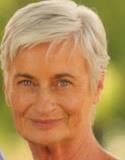 |
Fay Sowerby - Secretary Fay joined BCAC in 2015 because she sees an ongoing need to improve: outcomes for Maori and Pasifika women, access to medicines and medical devices, research and clinical trials for breast cancer patients in New Zealand. Fay is Chair of Breast Cancer Cure (2009-Present) which funds research through the Breast Cancer Research in New Zealand Partnership, is a member of the Health Research Council Research Assessment Committee (2013-Present) and a member of Breast Cancer Trials Communication and Fundraising Committee. Fay advocates for research to improved early detection, predictive and prognostic diagnosis with the discovery and development of new targeted treatments and prevention. Fay was diagnosed with breast cancer in 2013. Earlier in her career she was a consultant and Director with KPMG and KPMG Consulting for 20 years, later managing her own consultancy and was a Crown Owned Entity board member. Fay and her husband Warren have two adult daughters, and four grandchildren. She seeks to retain a balanced lifestyle while supporting family and improving outcomes for New Zealand women. |
|
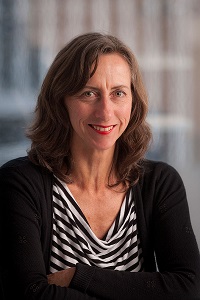 |
Louise Malone - Treasurer Dr Louise Malone is BCAC's treasurer. Whilst she has not had breast cancer herself, Louise has many close friends who are survivors. She is motivated by a desire to help ensure that New Zealand women receive world-class, scientifically-supported treatment for breast cancer, and a wish that the voices of those with cancer be heard and taken seriously by decision-makers. Louise is a retired scientist with more than 70 peer-reviewed publications in the field of agricultural entomology.
|
|
|
Rowena Mortimer Rowena was diagnosed with breast cancer in 2005. She lives in Coatesville with her husband Barry and has two adult children. Rowena is a partner in the law firm Lewis Mortimer Law based in Browns Bay, Auckland and firmly believes that cancer patients deserve a better deal than they are receiving at the moment. Her aim is to advocate on behalf of breast cancer and all cancer patients to improve all aspects of their care. In her spare time she walks, watches dressage, thinks about taking up squash and loves to travel. |
||
 |
Gillian Wintrup Gillian Wintrup lives in Tokoroa and is a member of the Rotorua Breast Cancer Trust. As a researcher and young woman who has had breast cancer (she was diagnosed at 35) she is determined to find better ways to help young women experiencing the disease. She has also participated in Look Good Feel Better, Encore and Pink Pilates and felt she needed to give something back to the community. Gillian works as a programme researcher for FITEC, the Forest and Wood industry training organisation which creates the qualifications for workers in these industries. |
|
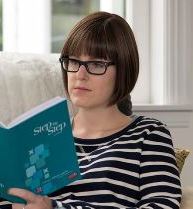 |
Greer Davis Greer was 25 when she was diagnosed with ER+/PR-/HER2- breast cancer in 2012. Through her unexpected experiences as a young woman dealing with treatment decisions, surgery, chemotherapy and reconstructive surgery, she became very interested in how young women’s experiences of breast cancer can be improved in New Zealand, and was determined to make something positive out of her experience. In 2013, with assistance from BCAC Greer attended a conference in the USA specifically for young women with breast cancer (C4YW 2013). She was impressed and envious of the resources and support that young women with breast cancer receive in the US and is keen to see what can be done in New Zealand. |
|
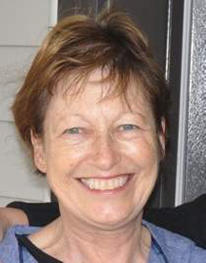 |
Lynda Ames Lynda lives in Auckland and was 38 years old when first diagnosed with breast cancer in 1990. After radiotherapy, mastectomy and chemotherapy Lynda enjoyed good health and continued to work and travel with her husband, Richard. Unfortunately in 2008 her cancer returned. Although Lynda accepted everything conventional medicine had to offer she also looked into how complementary medicine could help her. Lynda and Richard then attended the Life and Living retreat at The Gawler Foundation where Lynda learned how to help herself and play an active role in her own healing. Lynda’s cancer is HER2+ and she has to thank BCAC and supporters for campaigning to get Herceptin fully funded. Lynda is currently a volunteer at The Ambury Park Centre – Riding Therapy for disabled children. |
|
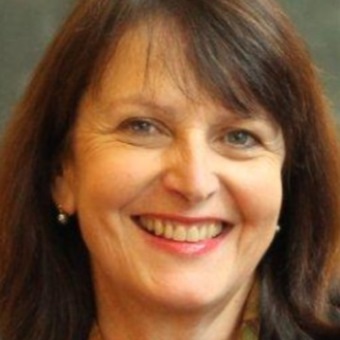 |
Philippa Reed Philippa is Partnerships Manager at CanTeen Aotearoa, which has now joined BCAC as a member group. Philippa was previoulsy CEO of Sweet Louise, having had senior roles in diversity and inclusion, also as CEO of the EEO Trust (now Diversityworks), and the University of Auckland and KPMG. |
|
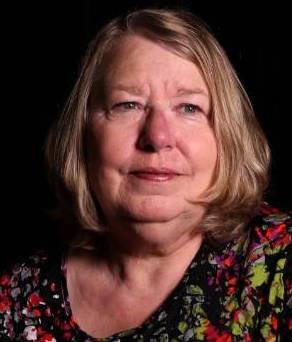 |
Terre Nicholson Terre is originally from the US and became a New Zealand citizen in 2017. She was diagnosed with ER/PR+ early stage breast cancer in 2007 with a less than 5% chance of recurrence. However, in 2013, Terre was diagnosed with Stage 4 breast cancer and was given less than two years to live but, has beaten the odds and is still stable over five years later. Terre is passionate about obtaining funding for life-extending medications for Stage 4 breast cancer. She believes that every day Stage 4 metavivors are alive, they’re closer to a cure, so these medications are critical and they deserve the chance to extend their lives without having to fundraise to do it. Terre works full time as an environmental engineer and is involved with contaminated land clean up and helping assure that high-hazard facilities are as safe as possible. In her spare time, she rescues cats who are desexed, microchipped, and adopted out to loving homes. |
|
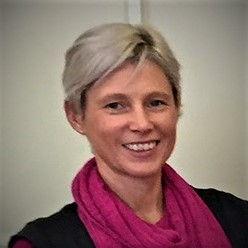 |
Catrin Devonald Catrin is from Cardiff in the UK but having travelled extensively has now settled in New Zealand with Auckland as her home. With a wealth of experience in the not-for-profit industry, Catrin joined Sweet Louise as CEO in April 2020. She has worked with cancer charities, mainly in campaigning, marketing and fundraising roles, both here and in the UK for more than 10 years. She is motivated by her experiences supporting two close friends with their breast cancer diagnoses. "I was amazed and horrified at the differences in treatment and care afforded to my two friends only because they lived in different parts of the country. It is really important that we combine to achieve the best we can for anyone in NZ with breast cancer and becoming part of BCAC is a vital step to strengthening the voice for patients country wide. Anything we can do as a coalition to access better and consistent treatment for patients is a win for those who need it." |
|
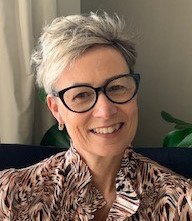 |
Tanya Newman Tanya was diagnosed with breast cancer in 2016, at around the same time her mother was diagnosed with cancer. From this time on she became very interested in health and wellbeing, and complementary approaches to healing, as well as best practice conventional medicine. She is passionate about ensuring all women with breast cancer have the opportunity to receive the best information, treatment and support they can. She is head of counselling at an Auckland secondary school and prior to this was a teacher for many years. Tanya has an adult daughter. She loves walking, yoga and meditation, and cooking. |
|
|
Maria Marama Iwi affiliations: Te Arawa/Ngati Whakaue/Cook Islands Maria is an experienced kaupapa Maori research and evaluation practitioner working over 9 years in this space. She is experienced in all phases of evaluations. As an independent Maori evaluator, she works in partnership with others and in particular on projects which better meet the needs and aspirations of whanau, hapu, iwi and Maori communities. Project span a wide range of sectors including employment, economic development, health, housing and justice. Evauations which she is most proud of are Te Whare Whakapiki Wairua (AODTC) Maori Housing Network, Well Child Tamariki Ora Review because of their potential to impact positively on whanau Maori. Maria's personal health journey and professional experience of helping others to navigate their way through a complex health and disability system enables her to find solutions and think outside of the box. She is an energising connector of people using tikanga and kaupapa Maori ways of engaging with Maori and non-Maori communities. She balances her home and work life with her love of coaching netball. Formal qualifications: BA Sociology/Maori, Dip Adult Teaching, Dip Te Aupiki ki te Reo Kairangi, PG Dip Health/Admin (tbc). Currently enrolled in MA Social Practice. |
||
|
Sarah Cato Sarah was 31 years old when she was diagnosed with breast cancer in 2014. Soon after her mastectomy she was diagnosed with PR+/ ER+/ HER2+ metastatic breast cancer for which she has undergone various treatments including chemotherapy, radiation, Herceptin as well as various other hormone and targeted therapies.Sarah belongs to the advanced breast cancer support group ‘Metavivors’. She was one of the 100 or so patients who were refused access to Perjeta when it became publicly funded in 2017. In 2018 Sarah ran a very public and successful campaign, raising over $200k to self-fund her treatment which cost in excess of $7k every three weeks. She understands what it is like to be discriminated against when accessing life prolonging medicines. She is committed to advocating for better access to modern cancer medicines in New Zealand. Sarah took an active part alongside fellow advocates and survivors that petitioned and marched on Parliament in 2018. She also presented at the Health Select Committee in 2019 to fight for patient access to Ibrance and Kadcyla through the public health system. Sarah is fiercely passionate about patient rights, empowerment, and equitable access to world class cancer treatment. Her passion in this area crosses over from her career as a Police Officer and Detective specializing in child protection and sensitive abuse. She currently works full time as Specialist Private Investigator. |
||
|
Linda Fatialofa Although Linda has not been diagnosed with breast cancer, she is closely connected to breast cancer survivors in her family and is motivated to support all women diagnosed with breast cancer. Linda has a background in Whanau Ora commissioning agency Pasifika Futures and is currently a Senior Advisor in Policy and Research at the Royal Commission of Inquiry into Abuse in Care. As part of her work with BCAC she aims to improve and advocate for early detection, access to information, targeted treatment, and holistic care for Pasifika and Maori diagnosed with breast cancer. |
||
|
Belinda Tran-Lawrence Belinda Tran-Lawrence was diagnosed with HER2+ breast cancer at the age of 43. She has lived in Taranaki for most of her adult life and with her husband has raised three children who have now all headed off to do their own thing. As well as being a small business owner she has worked as a teacher at both secondary school and university level and been involved in a range of community initiatives. Belinda is the founder and admin of the rapidly growing Aotearoa NZ Breast Cancer Community, which works to lessen the isolation of those going through breast cancer through providing connections and the sharing of information and resources. Her passion for patient advocacy has also led her to be a member of the TDHB consumer advisory group. Belinda’s passion for using her voice to shape and develop health care systems that are patient centred and responsive to consumer and whānau need (particularly with regards to vulnerable and minority communities) has grown out of her overarching personal philosophies. These are centred on social justice, equitable access and outcomes, and the need to prioritise and centre previously marginalised voices and identities. |
